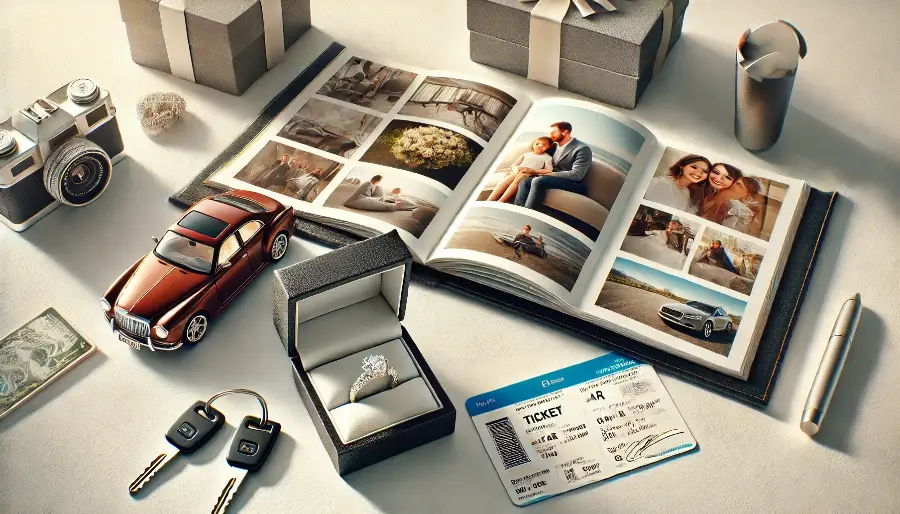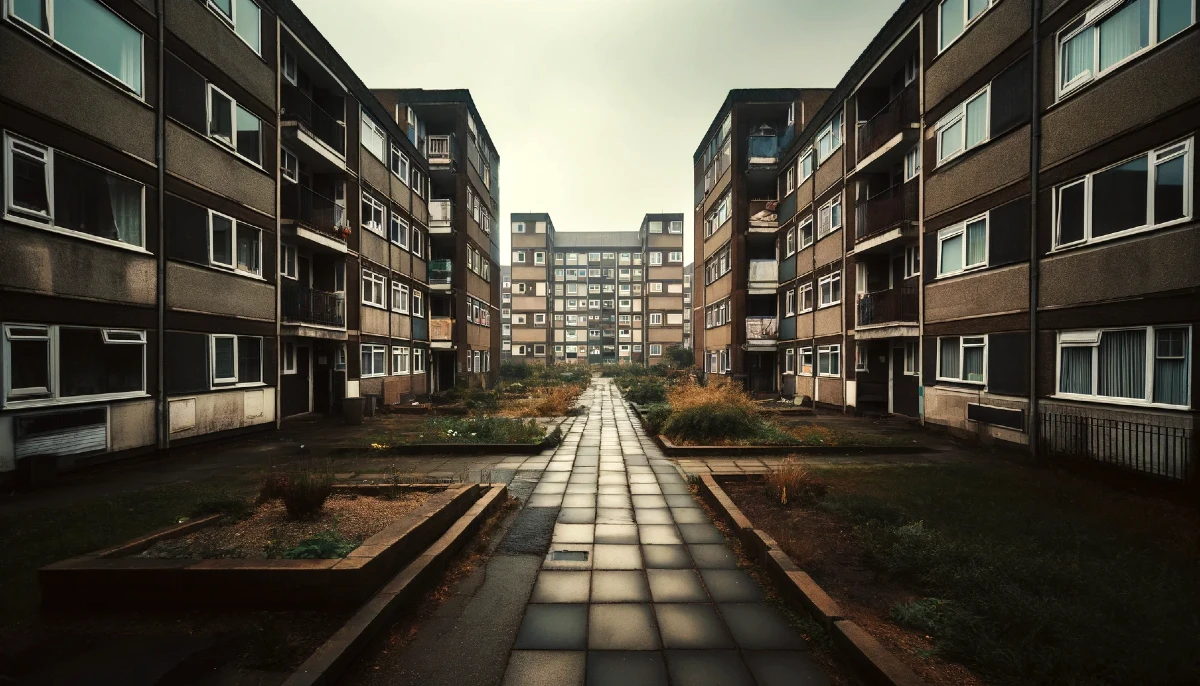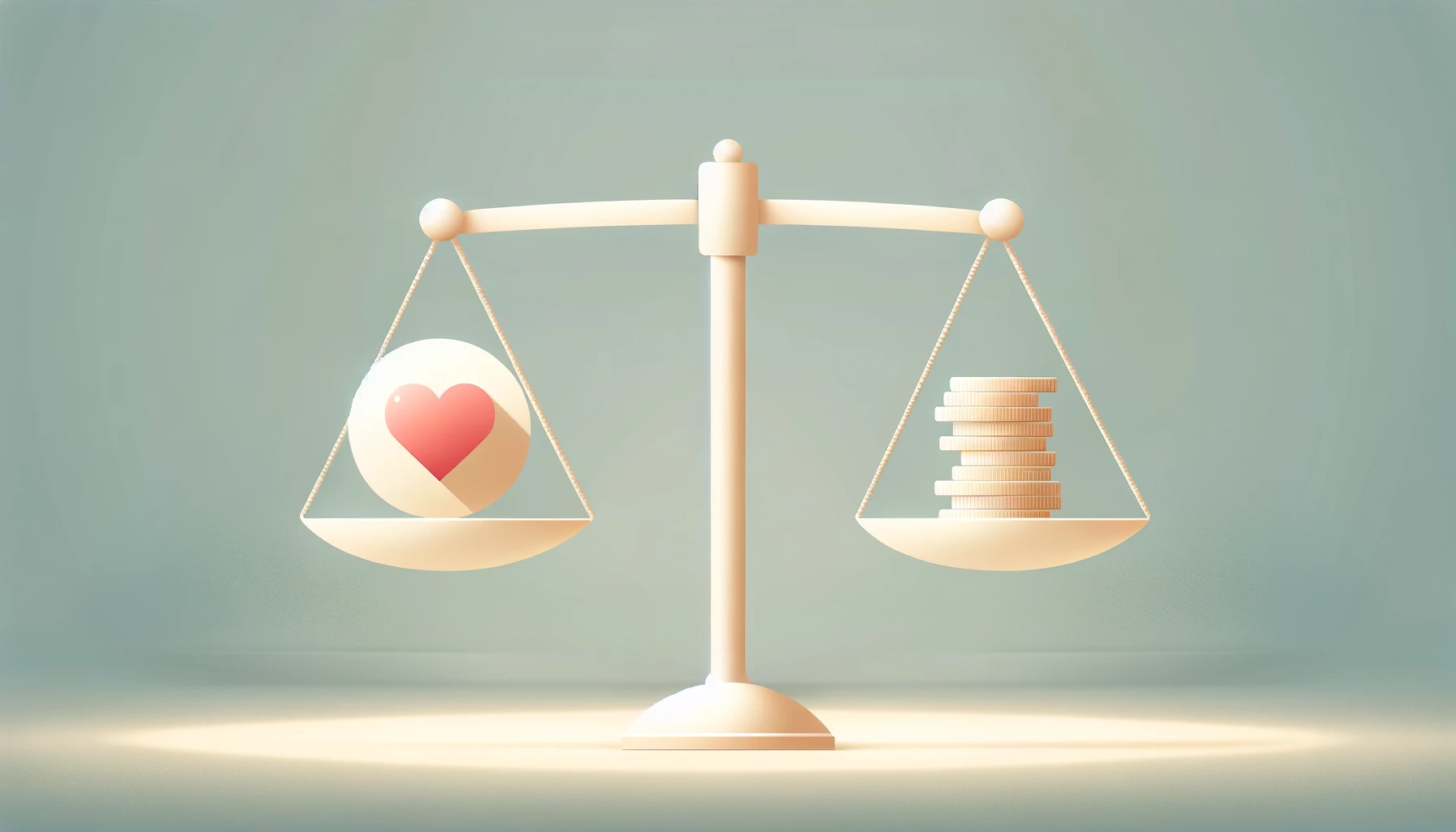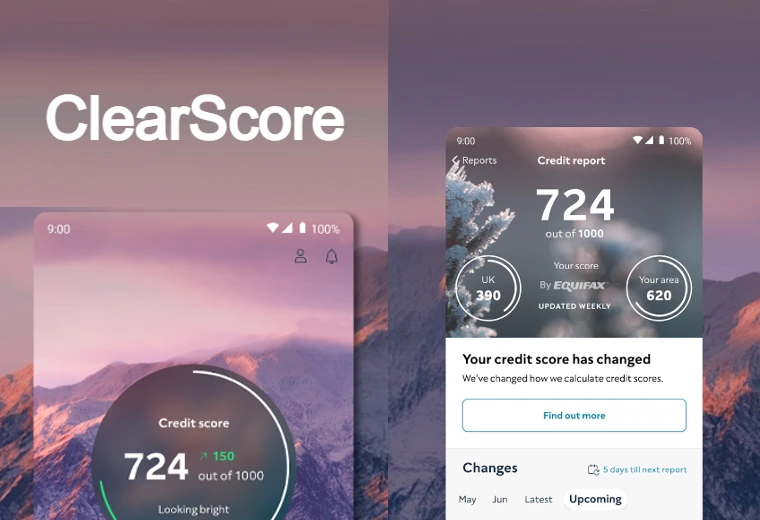Luxury Experiences vs Material Goods: The New Face of Aspirational Living
Money can’t buy happiness, but it can buy experiences – and that’s where the game is changing. Today’s savvy spenders are rethinking what it means to indulge in luxury. Instead of filling wardrobes with designer labels or garages with high-end cars, many are opting to fill their memories with extraordinary moments.
This shift isn’t just for the ultra-wealthy. From young professionals to established executives, people across the financial spectrum are reconsidering their spending priorities. But why is this happening, and what does it mean for you?
The Changing Face of Luxury
Traditionally, luxury was synonymous with expensive cars, designer handbags, and sprawling mansions. While these status symbols haven’t disappeared, they’re increasingly sharing the spotlight with a new kind of luxury: extraordinary experiences. From bespoke travel adventures to exclusive workshops with industry leaders, the concept of luxury is expanding beyond the tangible.
This shift isn’t just for the ultra-wealthy. Across various income levels, people are reconsidering their spending priorities. But why is this happening, and what does it mean for you?
The Psychology Behind the Shift
Research has shown that experiences tend to provide more lasting happiness than material possessions. Here’s why:
- Anticipation Factor: The excitement of an upcoming experience often provides joy well before the event itself. That cooking class in Tuscany? You’ll likely spend months looking forward to it.
- Identity Formation: Experiences become a part of who we are. They shape our worldview, skills, and stories in a way that material goods rarely do.
- Social Connection: Shared experiences foster stronger bonds with others. Discussing your recent skydiving adventure is likely to create a more meaningful conversation than talking about your new watch.
- Uniqueness: Experiences are often unique and personal, making them feel more valuable and special.
The Role of Social Media
Let’s face it: social media has played a significant role in this shift. Posting about experiences often garners more engagement than sharing photos of material possessions. This digital validation reinforces the value of experiences in our social currency.
However, it’s crucial to approach this thoughtfully. The goal should be personal fulfilment, not just creating envy-inducing content for your followers.
Balancing Experiences and Material Goods
While experiences are gaining ground, it’s not about completely abandoning material purchases. The key is finding the right balance for your personal goals and values. Here are some considerations:
- Long-term Value: Some material goods, like quality furniture or a reliable vehicle, provide long-term utility and comfort.
- Experience Enablers: Certain purchases can facilitate experiences. A good camera might enhance your travel photography, for instance.
- Personal Preferences: Some individuals genuinely derive more joy from owning things than from experiences. There’s no one-size-fits-all approach.
Luxury Experiences on a Budget
You don’t need a millionaire’s bank account to prioritise experiences. Here are some strategies for the experience-focused aspirer:
- Local Exploration: Seek out unique experiences in your area. Many cities offer world-class museums, concerts, and culinary scenes.
- Skill Development: Workshops and classes can be both luxurious and practical. Learning to create gourmet meals or mix craft cocktails brings ongoing enjoyment.
- Off-Peak Travel: Luxury destinations often have shoulder seasons where you can enjoy premium experiences at reduced prices.
- Group Experiences: Gather friends to split the cost of a private tour guide or a holiday rental in a prime location.
The Investment Perspective
From a financial standpoint, how does this shift affect investment strategies? While experiences don’t appreciate in monetary value like some material goods might, they can provide different kinds of returns:
- Skill Acquisition: Learning experiences can enhance your professional value.
- Network Expansion: Exclusive events can lead to valuable connections.
- Mental Health: Positive experiences can contribute to overall well-being, potentially reducing healthcare costs over time.
The Environmental Angle
It’s worth noting that the shift towards experiences often aligns with environmental consciousness. Collecting moments instead of things can result in a lower material footprint, appealing to the eco-minded aspirer.
Crafting Your Personal Luxury Strategy
As you navigate this shifting landscape, consider these steps:
- Define Your Values: What truly brings you joy and fulfilment?
- Set Experience Goals: Just as you might save for a luxury item, save for landmark experiences.
- Balance Your Approach: Find your personal mix of experiences and material purchases.
- Quality Over Quantity: Whether choosing experiences or goods, prioritise quality.
The Future of Luxury
As we look ahead, the line between experiences and material goods may continue to blur. Virtual reality experiences, for instance, might offer new forms of luxury that combine the physical and experiential.
The key is to remain flexible and true to your personal definition of luxury and success. Whether it’s a first-class flight to an exotic destination or a carefully curated home that brings daily joy, the new face of aspirational living is all about making conscious choices that align with your values and goals.
In the end, the most luxurious life might just be the one filled with moments, memories, and meaning – however you choose to create them.








